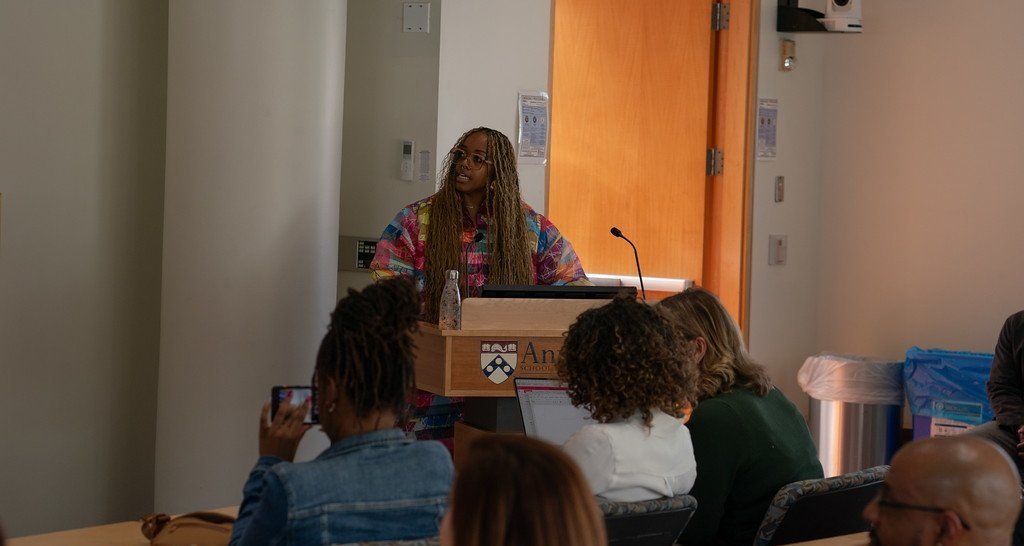
ABOUT ME
Azsaneé Truss, PhD is a Thinking Artist who seeks to build worlds and imagine liberatory futures through her artistic and scholarly practices. She works in a variety of mediums including collage, sound, and film, often playing with Afrofuturist and Afrosurrealist aesthetics. Drawing inspiration from music, literature, and quotidian Black life, while also embracing fluid inspiration, Truss’s work is an exercise in conversing with the archives, speculation, re-memory, and personal exploration. Her work is rooted in the communities that hold her, the people who have shaped her, and the collective knowledge that emerges from shared struggle and joy. Truss’s goal is to bring accessible contemporary art to a broad public and inspire people to consider the types of futures they’re working toward.

I choose to call myself a Thinking Artist because I see my art as thought, thinking as an art, and my scholarly and artistic practices as inextricable. My work blends research, storytelling, and aesthetic experimentation to challenge dominant narratives and imagine new possibilities. I create work that critiques the world as it is while envisioning it as it could be.



